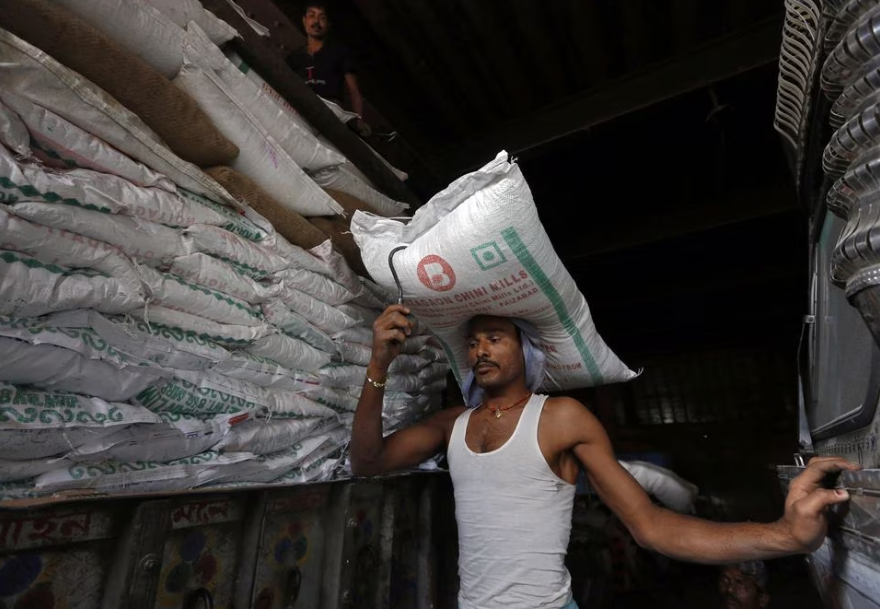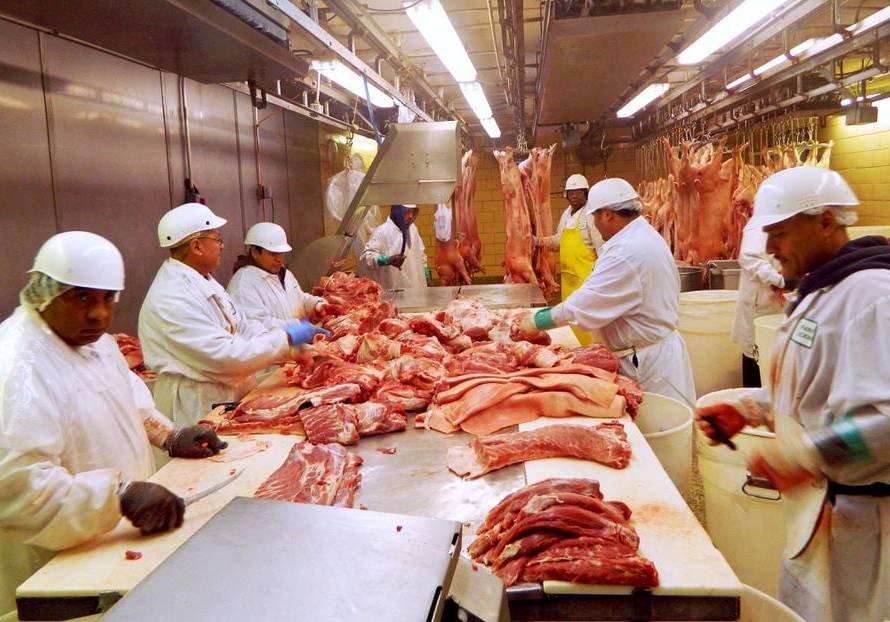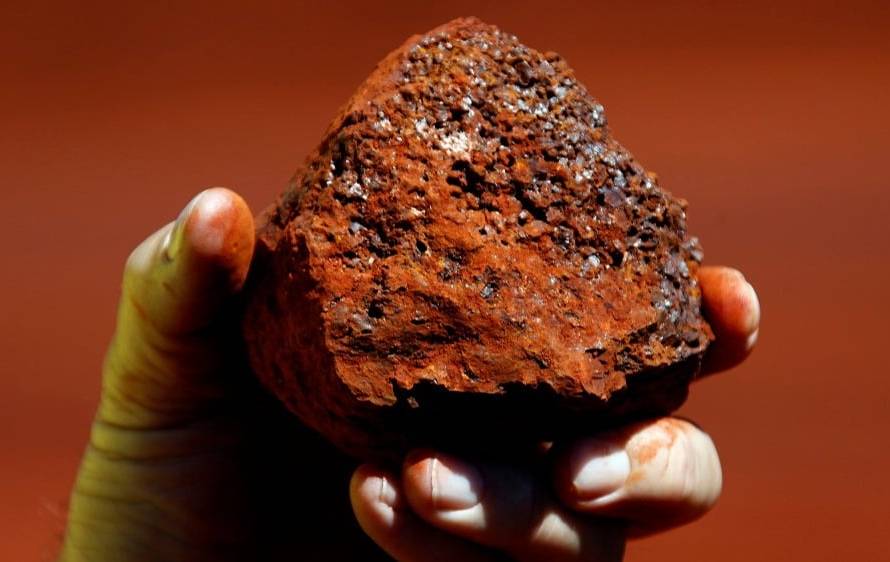São Paulo's production of avocados, the Hass variety, has attracted interest in the international market. The largest national producer of the fruit, responsible for more than 40% of Brazilian production, SP is starting to export avocados to Chile and Japan after foreign missions visited SP, since 2023, to validate the phytosanitary requirements for import.
Chile is the second largest per capita consumer of avocados in the world, representing a great business opportunity for avocados from São Paulo. “Chilean consumption is very high, at around 8kg per person/year, and it is rising. It is a country that generates high expectations for us. This year will be experimental, but in the future we expect significant gains”, highlights Lígia Carvalho, producer and director of Jaguary, a pioneer in the development of Hass avocados in Brazil. Another advantage is that Brazil is in the counter-harvest period for Chilean avocados, which produce until August, while here they produce from approximately February to June and July.
“The opening of international markets to São Paulo products reinforces the quality and competitiveness of the state’s fruit industry. São Paulo stands out not only for its volume, but also for its excellence in meeting the most stringent international phytosanitary standards. This advance represents the attraction of new investments for São Paulo agriculture on a global stage,” highlights the Secretary of Agriculture and Supply, Guilherme Piai.
Japan is a major buyer of fresh fruit in the world, and is the largest importer of avocados in Asia, representing significant potential for expanding sales of the fruit. However, the size of exports to Japan is still unknown. “The distance, the high demands of the Japanese market and the need for air shipping bring uncertainty. For now, we will learn to serve this market,” says Lígia.
In 2024, the state of São Paulo produced more than 223 thousand tons of avocado, mainly in the regions of Ourinhos, Mogi Mirim and São João da Boa Vista, according to data from the Institute of Agricultural Economics (IEA-Apta), of the Secretariat of Agriculture and Supply of the State of SP.
In the domestic market, demand for avocados has been growing, but Brazil is still far from global consumption. On average, Brazilians consume 1.3 kg of avocados – tropical and avocado – per year. When it comes to avocados alone, consumption drops to 300 grams per year. “There is a path to follow that involves many challenges: communication, marketing, teaching about avocados, what the possibilities for consumption are, and mainly, not having the product out of stock in the supermarket, including it on the shopping list and in the routine of Brazilians”, concludes the director of Jaguary farm.
Avocado is a variety that originated in California, in the United States of America, and is now cultivated worldwide for its characteristics, such as its high concentration of vitamins, minerals, proteins and fibers. It is very versatile and can be used in both savory and sweet dishes, and is popular in Mexican cuisine. Avocado has a more rounded shape and is slightly smaller than avocado, which is usually almost twice as big. Avocado skin is wrinkled and, as it ripens, turns purple, while avocado skin is usually green.
Agricultural Defense complies with phytosanitary requirements and guarantees exports
The guarantee of compliance with phytosanitary requirements for export is carried out by the Agricultural Defense Coordination (CDA) of the State Secretariat of Agriculture. Importing countries include in their work plans the need for measures to mitigate and control pests. “Certification is done through field monitoring by a qualified technical manager, who ensures compliance with measures, such as inspection, monitoring and removal of fallen fruit. The entire process is audited by the CDA”, explains agricultural engineer Cristina Abi Rached Iost, manager of the State Phytosanitary Certification Program and the State Plant Product Export Program.
With the opening of the Japanese and Chilean markets, in 2025, the Agricultural Defense began registering and monitoring the Hass variety avocado on the properties and packing houses that process the fruit. Currently, 05 properties and 05 packing houses are registered. “The requirement will depend on the country and the pest that is restrictive, however, the shipment of vegetables or parts of vegetables with pests of any kind is never expected, even those that are not listed in phytosanitary requirements”, adds Cristina.




